Events are big business. They cost money, they take time, they’re important. In business, when we have a big project to deliver, we call in professionals to provide expertise. Events are an excellent example of this. Professionals servicing events range from talent agencies to audio-visual technicians to the nice people you’ll find lugging about camera equipment. We are all professionals providing professional services, but let me be blunt here – all ‘professionals’ are not created equal.
Some questions your photographer should ask YOU
Now I’m going to focus (yes, pun) on my own area of expertise for a moment. I will admit that as creative people, photographers don’t always come with the business skill-sets our clients are accustomed to. When it comes to communication, some of us feel more at home directing a group of people to smile than writing up an in depth proposal, for example. But again, we’re talking events; big investments of time, money and let’s face it, your reputation. You have every right to expect a business-like approach from your photographic partner, and that includes knowing they’ve gone to the effort of doing their homework. Does your photographer even know what your event is about? Have they asked? Let’s see, if your events photographer cares about your business, they should be asking some basic questions, like these:
What is your event about?
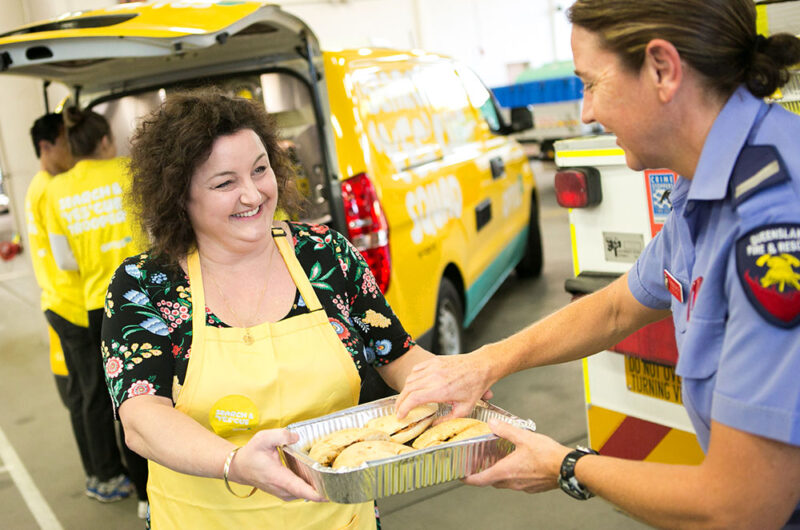
This includes things like the nature of the event (charity event, dinner, conference etc), its content, size, location and planned guest experience. If your event has a theme, whether it be visual, verbal or both, your photographer should understand it and seek to research it on their own time. They should also be researching similar events to become as familiar as possible with the scenarios involved. Even the most experienced events photographer encounter surprises from time to time. Surprises are fun at a surprise party. They’re not so much fun when they catch your photographer without the right equipment for the job.
2. Who are your guests?
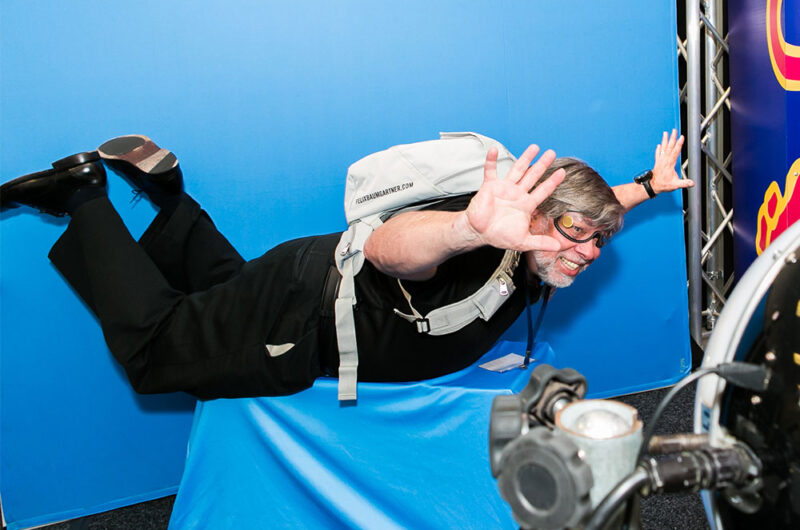
This is particularly important where you have tiers of guests with differing expectations and levels of involvement. A corporate event may include upper-management and board members who will have their own expectations in terms of photographic outcomes. There may also be clients / customers from various industries, family and friends, celebrity or VIP guests. How are they to be addressed? Who MUST be photographed and in what context? Do you want your guests to interact with the photographer or not be bothered by the sounds of clicks and flashes? Important stuff, often overlooked.
3. What are your must have pics?
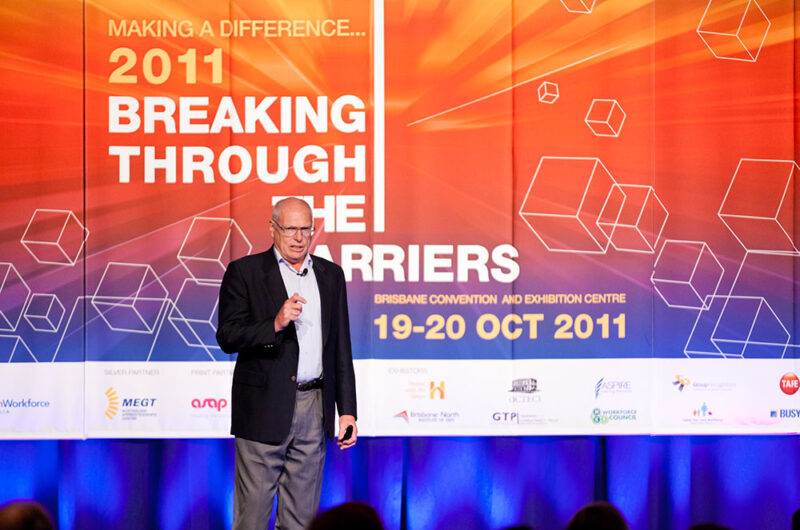
This is probably something you will want to communicate off the bat anyway. Don’t be shy to write a list of specific scenarios, people and angles that must be shot in order to meet your brief. Your photographer should consider this and if, in their experience, they can foresee any potential issues, they should communicate them. It’s a two way street, expectations can only be met when they are clear to all concerned.
4. Have you held an event like this before? What did you like / not like about the photography?
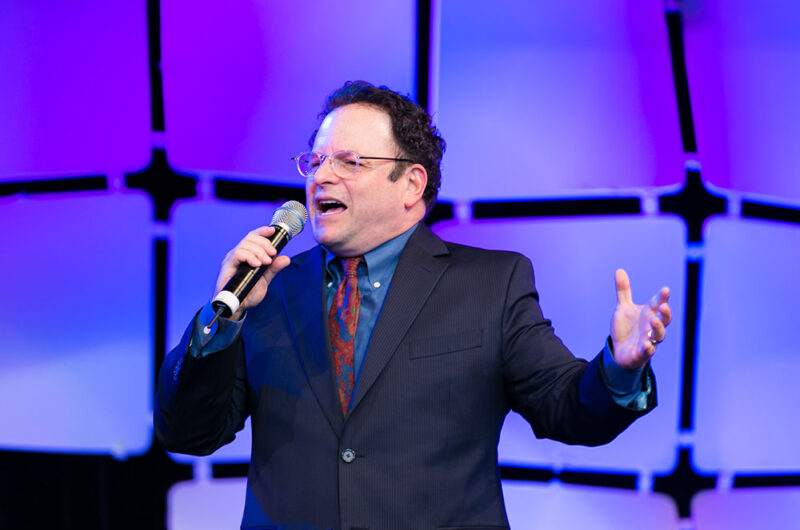
This one is a golden opportunity to tell your photographer what you really want in your photos. If you’ve had bad experiences with events photography before, just say. It may be a simple fix to do with lighting or angles that your photographer can keep in mind as part of their brief. The same goes for expectations in terms of the photographer’s personal presence at the event. We’re all human, some of us are quiet snappers, some of us are crowd pleasers. Some of us can adapt our personalities to our brief. But we can only know if you tell us what you’re looking for. Again, don’t be shy to say what you’re looking for in regard to our interaction with your guests. You’re the host after all. You wouldn’t hire a country singer for a rock’n’roll concert; it’s exactly the same principle.
5. What kind of shots are you most likely to ‘use’, and for what purpose?
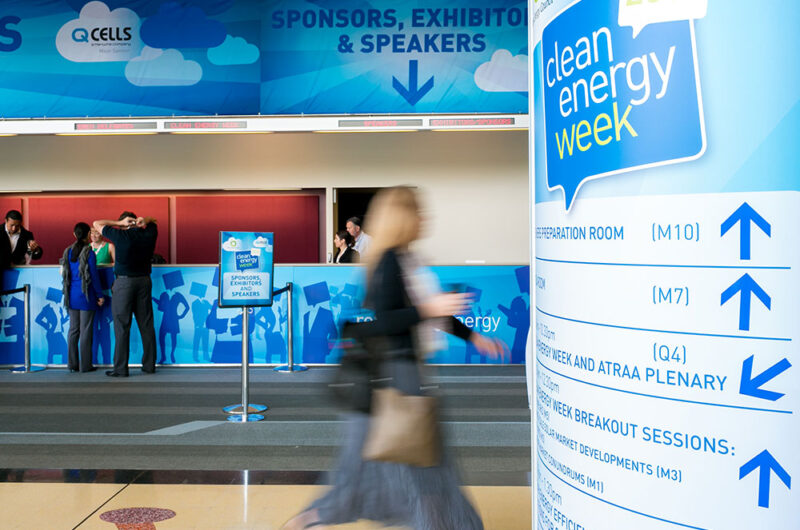
This is an opportunity to make your photographer aware of any house style guidelines or expectations from an end-use perspective. Are you planning to run a photo as a front cover of a magazine? Let the photographer know you’re out to capture a portrait shot with some legible space for a headline. Or perhaps you want to run a set of images in a company brochure, if so, is there a photographic style already in place throughout your marketing collateral? As photographers, it’s our job to meet a creative brief just as a designer or writer would. That’s not to say we can’t be think outside the box, but if there are boundaries, we’re happy to work to them.
6. Have you thought of ...?
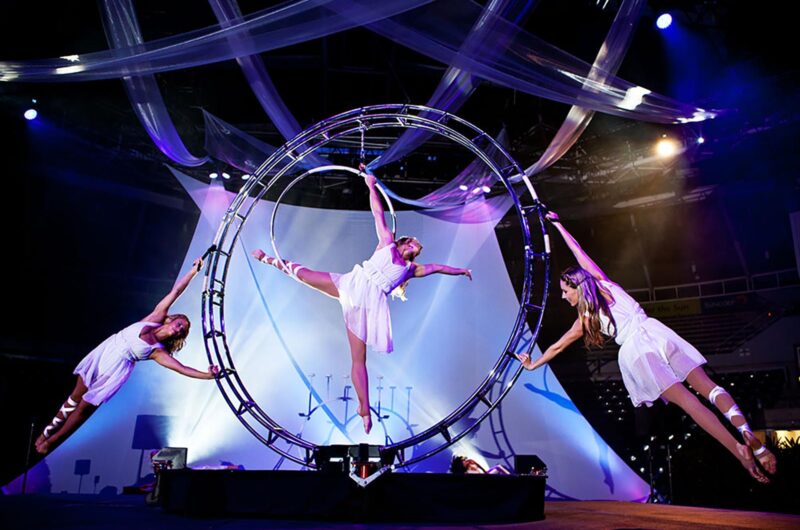
Now this is the clincher. It’s what sets the leaders in event photography ahead of the pack, just as it does in other creative fields. It’s called collaboration, and it’s a step above the strong communication skills you should be expecting at base level.
Your photographer should, after asking the questions and doing the groundwork, be able to come up with suggestions you might not have thought of otherwise. They should then be able to kick around ideas with you as much as you would like to involve them. The best outcomes are reached through a meeting of minds. You know more about your event than we do, but we know plenty about event photography.
Together we should be able to create something brilliant, but only if we talk. Questions lead to discussions, and ultimately, surprisingly great outcomes. That’s how big ideas come to life, so encourage questions and collaboration with your photographer, and if they seem unwilling, ask yourself if your big event deserves a little more care and attention.